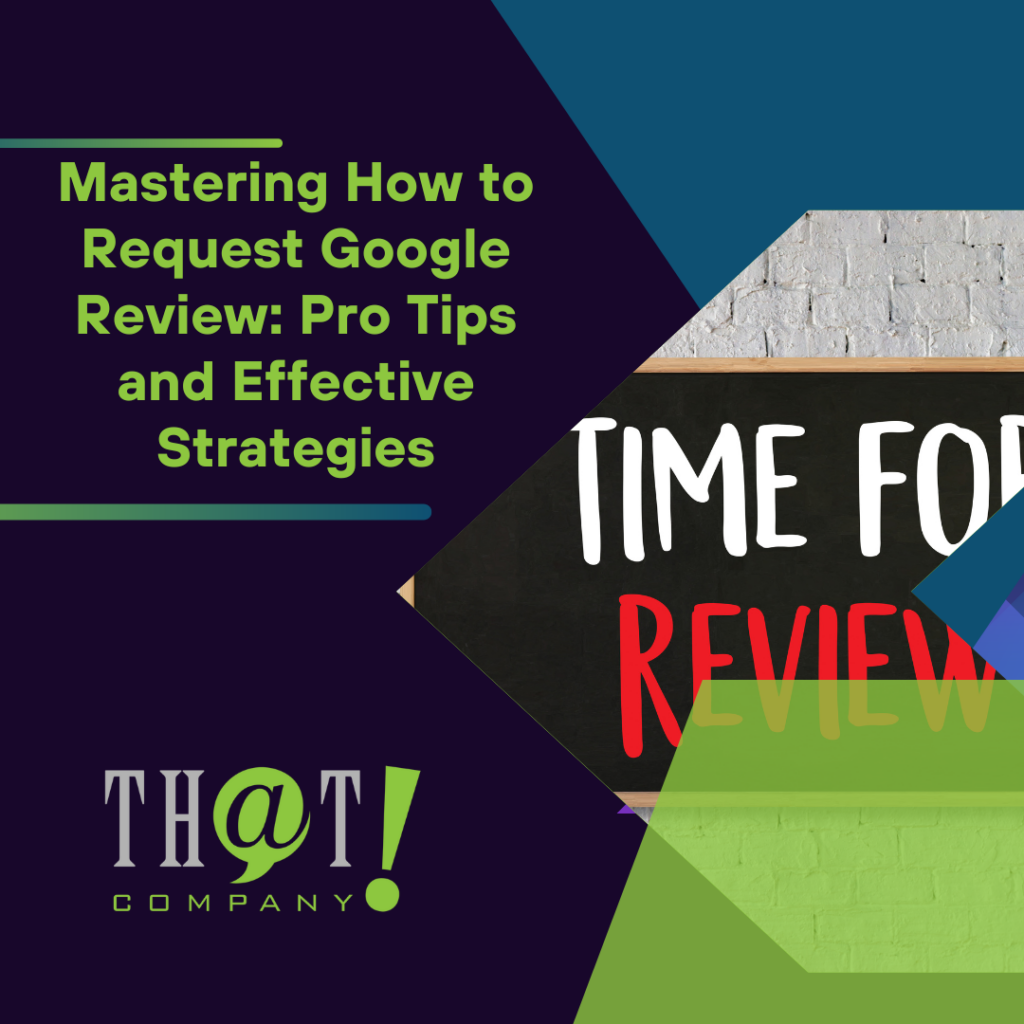Quit Facebook Day was a miserable failure. With only 34,000 (less than 1/100,000 of one percent of Facebook’s total users) people breaking up with Facebook, it wasn’t enough to shut down the largest social networking website. Facebook still has more than 400 million active users in its corner.
The movement to boycott Facebook emanated from the debate surrounding the social networking website privacy settings and sharing user’s information with third parties.
After months of user and media criticism and the watchful eyes of Washington bureaucrats, Facebook executives caved to the pressure and simplified their privacy settings. Facebook CEO Mark Zuckerburg even wrote a Washington Post op-ed to apologize.
Quitting Facebook even inspired a Rap Anthem for Facebook haters. Rapper SeanieMic spits rhymes about his decision to quit, fake status updates, ads, and the Duckface photos in women’s profile albums.
That! Company is the leader in White Label Social Media Management, delivering successful social media campaigns and outstanding results for agencies and their clients world-wide. Can we help you? Learn More about our White Label Social Media Services and how we can deliver high impact results for your clients today!
However, SeanieMic isn’t the only thing Facebook has to worry about. The U.S. House Judiciary Committee is looking into Facebook’s privacy settings and what information about users they provided to third parties, such as advertisers.
“We would appreciate a detailed explanation of the information about Facebook users that your company has provided to third parties without the knowledge of the account holders – particularly in circumstances in which the users did not expressly opt for this kind of information sharing,” wrote Judiciary Committee Chair John Conyers, D-Michigan, to Zuckerberg on Friday.
The letter also requests an explanation of prior policies and details on how Facebook’s recent round of changes have altered these policies.
This isn’t Facebook’s first round with Washington D.C. politicians. The interest in social networking websites is growing in Congress.
Last month, Senator Charles Schumer asked the Federal Trade Commission, or FTC, to investigate Facebook’s Open Graph API and its features. The FTC is reviewing Facebook and other social networking website’s privacy policies.























 Talk With Us
Talk With Us  Give Some Love
Give Some Love 


